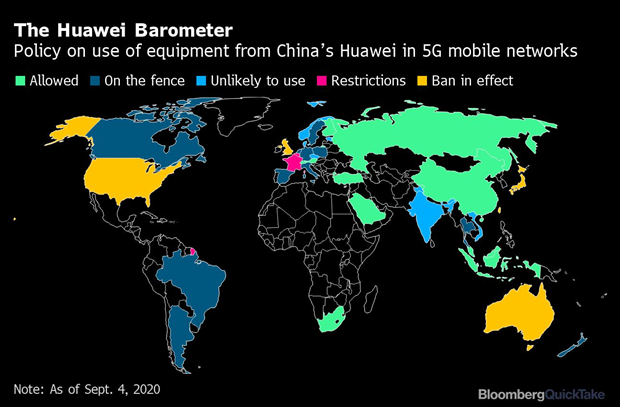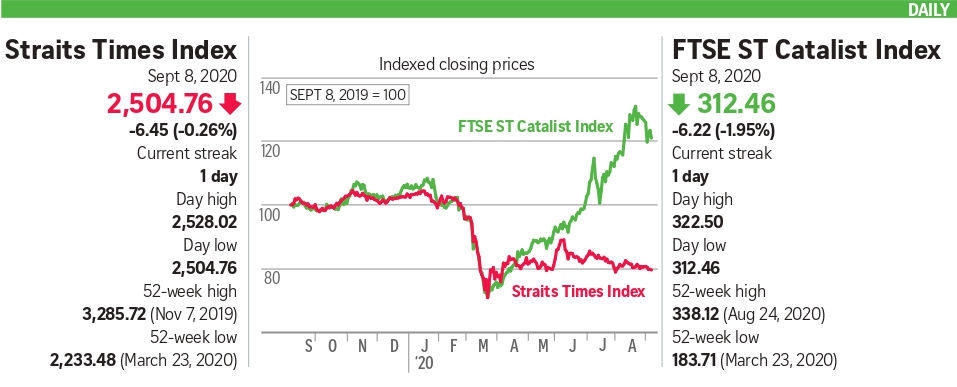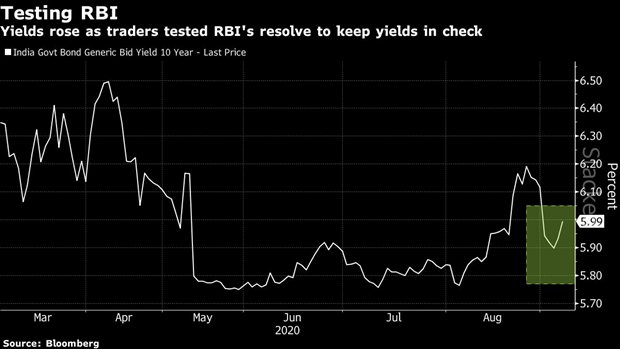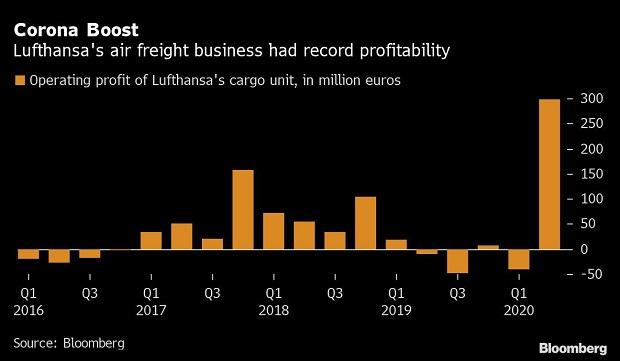TAL Apparel is likely one of the strongest firms within the world trend provide chain that many shoppers have by no means heard of. Its factories make big numbers of shirts — notably for males — for manufacturers together with Brooks Brothers, Bonobos and LL Bean. In reality, TAL Apparel claims it makes one in six dress shirts offered within the United States.
Owned by TAL Group, which relies in Hong Kong and is a founding member of the Sustainable Apparel Coalition, TAL Apparel employs about 26,000 garment employees in 10 factories globally, producing roughly 50 million items of attire every year together with males’s chinos, polo tees, outerwear and gown shirts.
One of these factories is Pen Apparel, within the steamy seaside city of Penang in Malaysia, the place 70 p.c of employees at the manufacturing unit have been migrants employed in nations like Vietnam, Myanmar, Nepal and Bangladesh, in response to TAL.
Along with Imperial Garments, a second TAL manufacturing unit in close by Ipoh, Pen Apparel is the topic of a new report from Transparentem, a nonprofit that focuses on environmental and human rights abuses in provide chains.
The investigation, which was proven to manufacturers equipped by the factories in late May, included allegations of potential pressured labor amongst TAL migrant employees, linked to cost of excessive recruitment charges of their house nations to ensure their jobs.
According to the International Labor Organization, a specialised company of the United Nations devoted to enhancing labor circumstances, pressured labor is “work or service which is exacted from any person under the threat of a penalty and for which the person has not offered himself or herself voluntarily.”
Companies don’t all the time make immediate, substantive modifications when confronted with revelations of exploitation of their provide chains. But the pandemic has added elements that made the state of affairs much more pressing.
The lockdown despatched most clothes gross sales plummeting, inflicting Western retailers to slash orders and TAL to begin closing its Malaysian operations. If an settlement by TAL and the manufacturers it equipped to pay compensation was not reached rapidly, the chance was that the migrant employees — now out of labor — may very well be deported, or disappear into new native employment whereas nonetheless in heavy debt from their jobs with TAL.
Conscious that Western manufacturers are more and more being held to account by shoppers, each TAL and its companions appeared desirous to make amends. TAL additionally launched a collective motion plan July 24 although it was scant on key particulars.
The New York Times contacted Levi’s, Brooks Brothers, Suitsupply, Untuckit, LL Bean, Walmart, Lacoste, Charles Tyrwhitt, Stitch Fix, Tie Bar, the Black Tux and Paul Frederick — all manufacturers identified to be equipped by TAL’s Malaysian factories.
“We try our utmost to carry out extensive due diligence and audits but with such a global chain it can be a struggle,” stated Joy Roeterdink, the company social accountability supervisor at Suitsupply. “When there is an issue, we don’t believe in cutting relationships with factories. That doesn’t help the workers. It is better for everyone to invest in fixing the problem.”
None of the opposite manufacturers stated something on the file past a assertion from the American Apparel and Footwear Association, an trade lobbying group that spoke on behalf of the American manufacturers concerned.
The Investigation
Over 18 months, Transparentem gathered proof in Malaysia from tons of of the two,600 migrant employees employed by TAL. Researchers discovered that many had paid substantial recruitment charges and associated prices like visas and well being checks with the intention to safe their jobs earlier than they left their house nations, a frequent trade apply.
Migrant employees from Bangladesh, for instance, paid recruitment brokers of their house nation a mean of $2,450 to work within the TAL factories in Malaysia. Once they arrived, they might additionally pay a second set of charges, which have been successfully TAL’s recruitment prices.
TAL firm coverage was to entrance the price of these charges, which have been in apply thought-about “factory loans,” Transparentem stated, that employees regularly repaid by way of paycheck deductions.
But in Bangladesh, some have been charged further recruitment charges immediately by brokers, in response to Transparentem. They have been then threatened by these brokers and compelled to say, on movie, they weren’t being exploited, at the chance of shedding their jobs. For others, the whole charges have been so excessive they’d used their life financial savings, offered household land or taken out loans with excessive rates of interest for the prospect of a extra profitable livelihood overseas.
“We have come here to work and save up some money,” one Pen Apparel employee, whose id was not disclosed to forestall retaliation, advised Transparentem. “But even after working very hard we are not able to save any money. It is hard to even earn back the money we invested.”
A related story was advised by employees at Imperial Garments. Many stated they’d not discovered concerning the TAL manufacturing unit loans that may be deducted from their salaries till after they’d already paid the brokers’ charges, in response to Transparentem, and the outcome was that they have been being paid half of what they have been promised.
Transparentem additionally stated it recorded accounts of deception, intimidation and unsafe residing circumstances from employees, all of that are listed among the many 11 indicators of pressured labor outlined by the International Labor Organization.
After manufacturing volumes fell to 30 p.c of capability, TAL had announced in April that Pen Apparel would shut at the tip of July, whereas Imperial Garments would shut at the tip of 2020. Against a backdrop of tensions in Malaysia over the country’s harsh treatment of migrant workers during lockdown, many employees have been left in a state of despair.
“I have already spent so much money to come here, if they send me back now I will lose that money,” an Imperial Garments employee stated within the Transparentem report. “And the land I sold to come here is gone anyway.”
The Reaction
When Transparentem introduced its findings to a dozen manufacturers equipped by TAL, 9 firms agreed to start discussions on a collective reimbursement plan, together with the Dutch model Suitsupply and American names like Levi’s, LL Bean, Eddie Bauer and Brooks Brothers (earlier than Brooks Brothers filed for chapter this month).
Tu Rinsche, the vice chairman of engagement and partnerships at Transparentem, famous that Transparentem had by no means seen such a fast response to one among its reviews, or one through which the manufacturing unit proprietor performed such an energetic position.
After a number of rounds of negotiations, an settlement was reached: More than 1,400 employees from eight nations would obtain cost from what TAL known as a “substantial” collective motion fund, distributed to employees in two installments — on July 24 and July 31.
According to the American Apparel and Footwear Association, the moral commerce consultancy Impactt had additionally been employed by the manufacturers to evaluate the residing and dealing circumstances of TAL manufacturing unit employees in Malaysia and guarantee they have been consistent with coronavirus well being and security protocols. The A.A.F.A. known as the deal “an immediate solution” that may “protect the rights of all workers throughout our supply chains.”
But past saying there could be compensation, TAL and the manufacturers declined to say a lot else, besides that the employees would solely be partly — and never totally — compensated for his or her money owed. Although the restitution fund could whole a number of million {dollars}, in response to steerage from Transparentem, TAL declined to reveal the total quantity of compensation that may be paid, or break down the contributions made by TAL and the taking part manufacturers.
Both the A.A.F.A. and TAL declined to stipulate which manufacturers have been participating within the compensation settlement. (TAL provides roughly 75 firms.)
At a time when questions are rising round what trend provide chain transparency means, the reception of the report underscored how few firms nonetheless actively deal with labor abuses except challenged, or disclose their actions afterward.
One of the starkest revelations within the report was that TAL had beforehand recognized many points — together with employee exploitation by recruitment brokers — to the extent that in 2018 it stopped hiring from Bangladesh, the place essentially the most unethical practices had taken place. Most of the TAL employees in Malaysia who have been from Bangladesh have been employed earlier than 2018.
TAL, although comparatively unknown exterior trend, is nonetheless a seen firm throughout the trade. It is a signatory of the United Nations Fashion Industry Charter for Climate Action, suggesting its progressive leanings. Why, then, didn’t TAL instantly reimburse the affected employees when it found the abuses and pay them again as a part of their wages in 2018?
The Slow Route to Change
On a Zoom name final week, Roger Lee, the chief government officer of TAL Group, supplied some solutions.
Mr. Lee stated that there have been deep-rooted issues in employee recruitment throughout the attire trade. Although the numbers of migrant employees have been notably excessive in its Malaysian factories, 80 p.c of TAL’s whole staff are native staff, he stated.
And regardless of Transparentem’s allegations of potential pressured labor in Malaysia — and the truth that TAL had agreed to pay employees’ compensation — he stated that such exploitation now not existed inside the corporate. According to Mr. Lee, TAL manufacturing unit loans are waived when a employee leaves for no matter purpose, which means they weren’t pressured to remain in opposition to their will (although that may not cut back any money owed accrued with brokers of their house nations).
Mr. Lee stated that on Jan. 1, 2020, TAL modified its coverage to cowl recruitment charges for all new migrant recruits, a coverage that was communicated to clients earlier than the corporate was conscious of the Transparentem investigation.
TAL had additionally since halted manufacturing unit mortgage wage deductions of present employees. That transfer was a part of an inside undertaking with important bills to enhance labor insurance policies, he stated. It required the corporate to offset manufacturing unit loans by, partly, elevating the costs it charged the manufacturers whose garments it makes.
“This kind of progress is important but it cannot be done alone by suppliers,” stated Mr. Lee, who added that TAL had invested in employee hotlines and academic lessons to forestall exploitation. A longer timeline had been crucial to permit the manufacturers it equipped to make the required value changes and soak up the migrant employees’ recruitment prices.
“These changes are now in place for workers we hire in the future,” he continued. “But what we’ve been negotiating with Transparentem is how to go back in time to give these migrants what they are owed from events that took place outside Malaysia. It is not impossible. But in this climate, it is not easy either.”
With some shoppers declaring chapter (Brooks Brothers and J. Crew), and most shoppers decreasing orders, TAL stated it had seen a decline of virtually 50 p.c in orders and was absorbing important ranges of unhealthy debt.
Delman Lee, the president and chief expertise officer of TAL Apparel, stated that the total fund quantity couldn’t be disclosed “because payments differ depending on the individual worker.”
The firm was targeted on creating a protected atmosphere for employees, he stated, which included the cost of allowances, common temperature checks and, in some instances, repatriation flights to nations like Vietnam, in addition to matching migrant employees to new native employers in Malaysia.
At least 1,200 employees wouldn’t obtain any compensation from the fund. However, TAL stated they’ve obtained severance or termination compensations, as required by native regulation.
Although output had floor to a halt in Malaysia, TAL was nonetheless paying out wages of $100,000 a day, he stated.
“We are in a labor-intensive business,” Mr. Lee stated of TAL Group, which has generated pre-pandemic annual revenues of greater than $850 million. “Inevitably, issues will take place in our factories, but if we are wrong we will always admit we are wrong and do our best to fix them. We know solving one case is the tip of the iceberg.”
Ms. Rinsche of Transparentem stated that solely a handful of manufacturers equipped by TAL’s Malaysian factories contributed to the employees’ aid effort and that she hoped extra would come ahead after the circulation of the report.
“Everyone in the fashion business needs to pay more attention to how they oversee the recruitment of migrant workers, and talk more about the processes required in improving bad practices,” Ms. Rinsche stated.






Be First to Comment